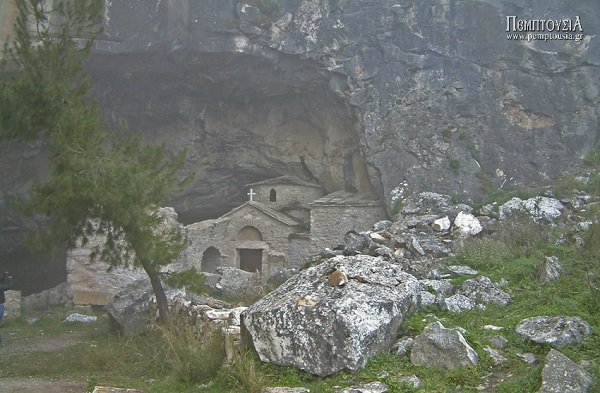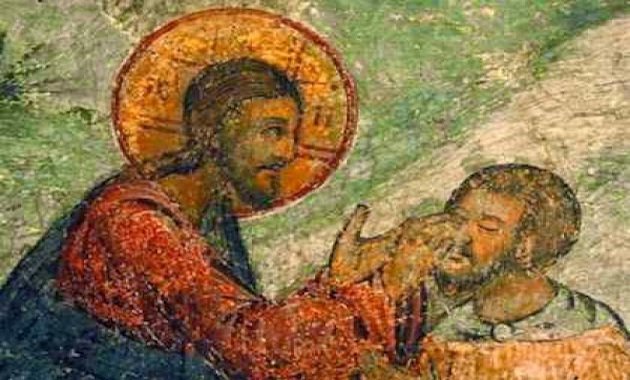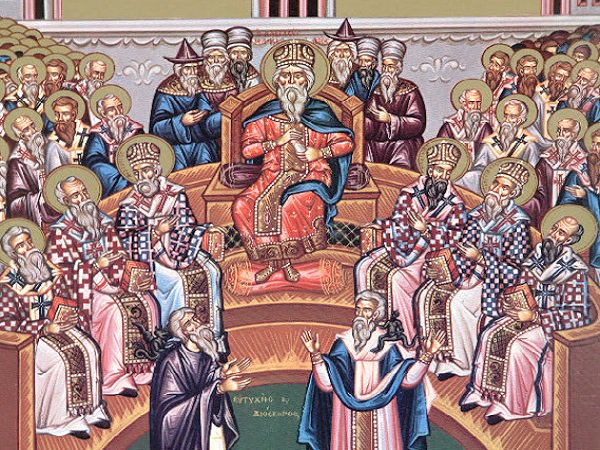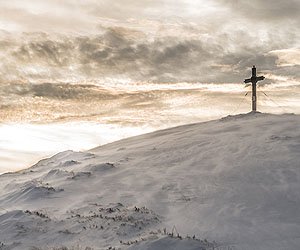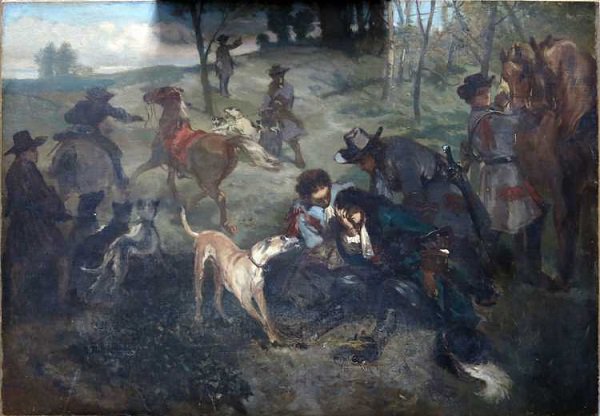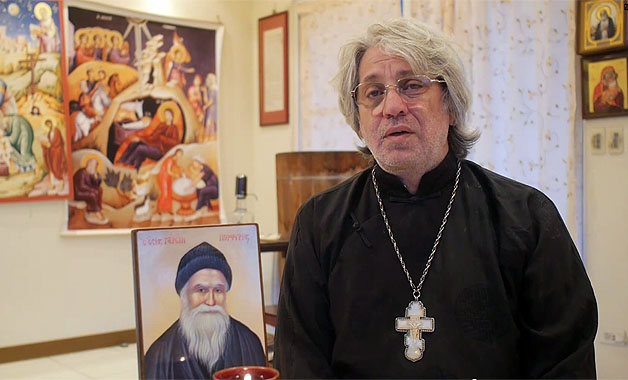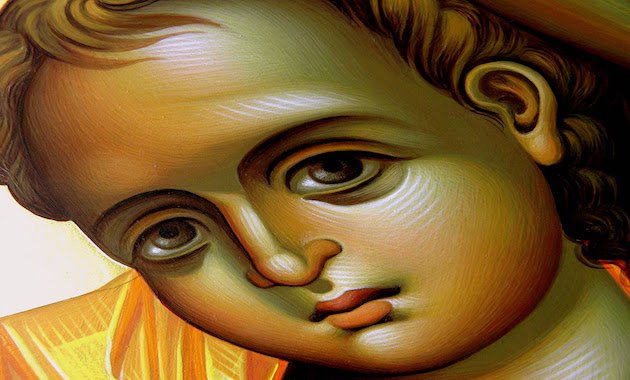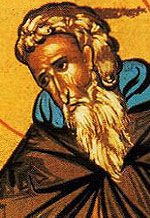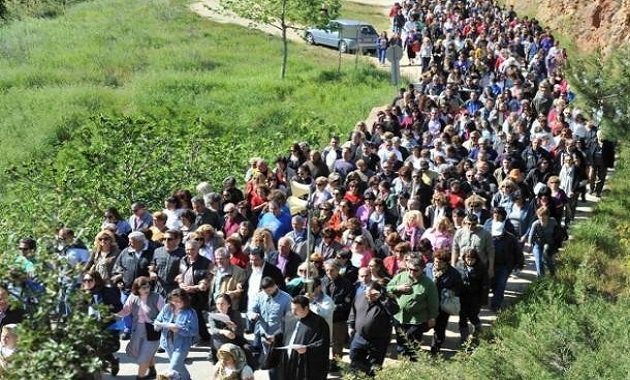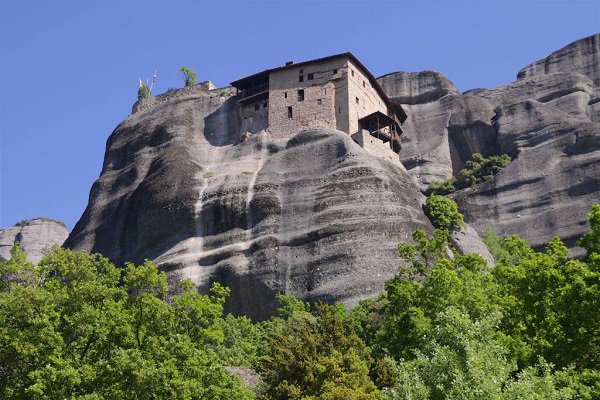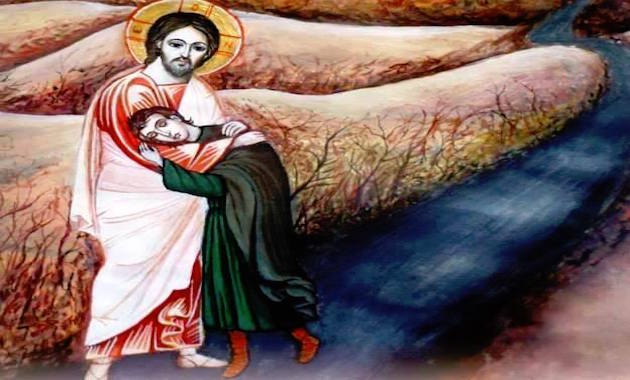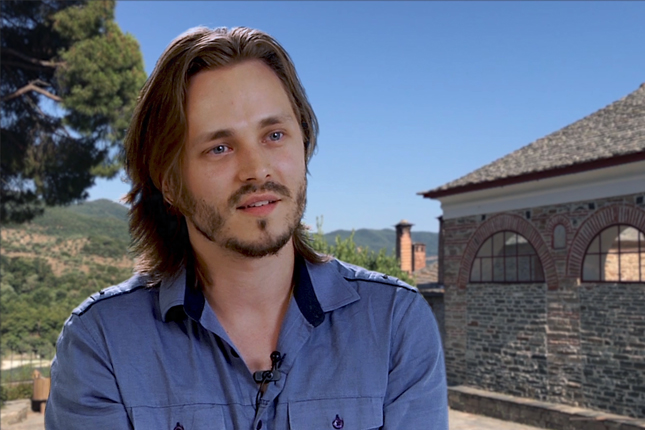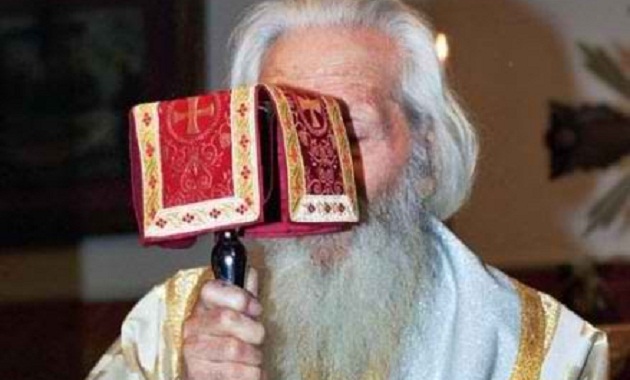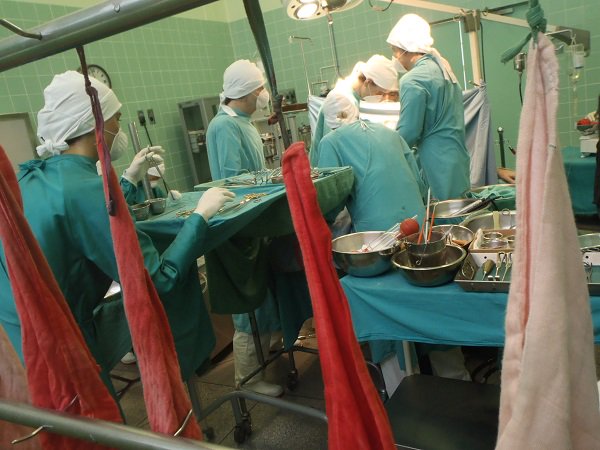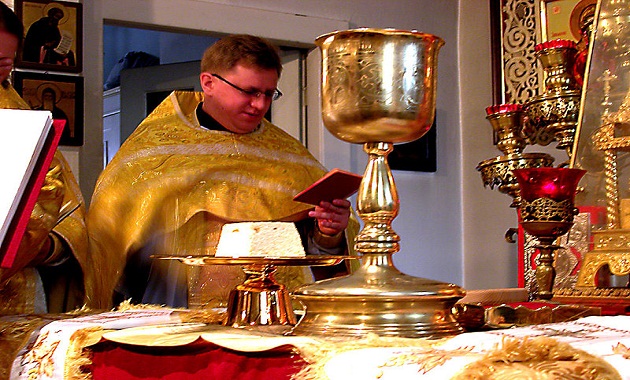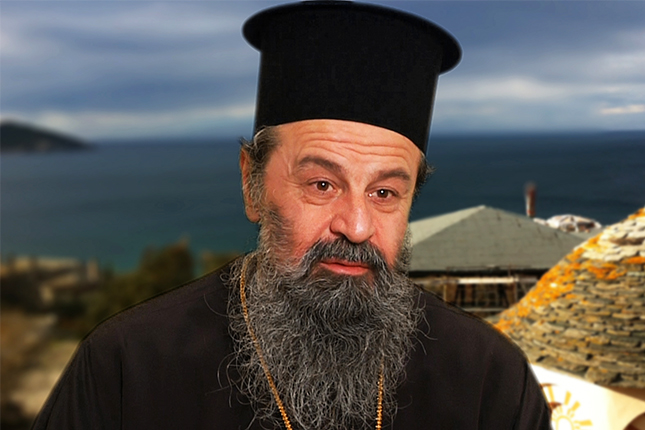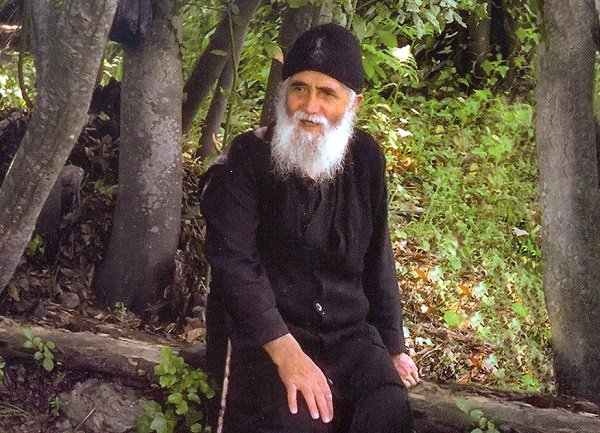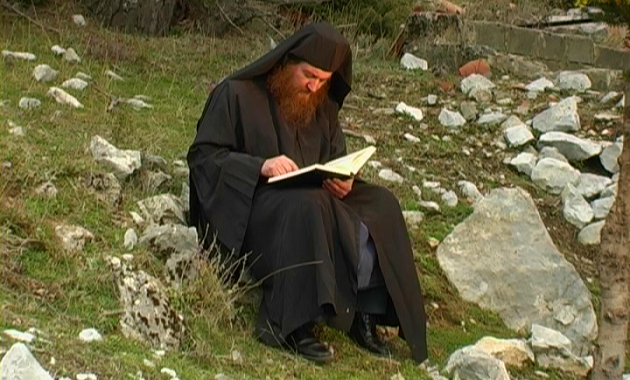
In Athens, Fr. Ioakeim used to stay at the dependency of the Holy Sepulchre. One woman, who kept losing children, after the last time, had despaired, even of the doctors. She heard of the elder, went to find him and fell at his feet, begging him to pray. The elder went at once to the church of the Holy Unmercenaries, which is at the dependency of the Holy Sepulchre, and gave her the relics of the Unmercenary Doctors, saying: “Hold them over yourself”. Then he read various prayers, prayed and said to her: “Don’t worry, you’ll have a child”. And, indeed, she did. The woman was overjoyed and asked for a photograph of the elder to have at home as ...

